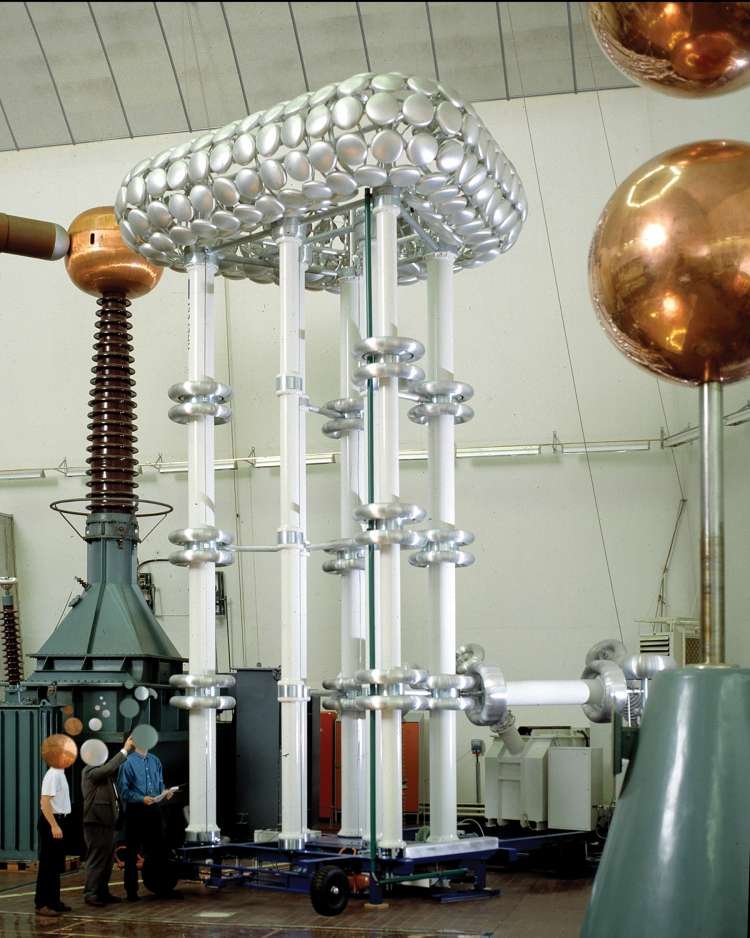
Kerstin Hamilton A World Made by Science (detail), 2018 Series of photos mounted on aluminium
We welcome your participation at the 8th reading workshop, dedicated to Participation and the “relationship antagonism” in art.
The workshop will take place on 27 September at 6pm at the Residence of Kristaps Morbergs (Z.A.Meierovica bulvāris 12).
A whole variety of issues regarding contemporary reality – related to the economy, civil rights, climate change, etc. – require public involvement. The American writer Rebecca Solnit sees hope in this – not a naïve belief that everything will be better in the future but a broader perspective, based on critical thinking, which lets us see possibilities that require action. Change can be brought about not only by social activists but also artists, writers, scientists, public intellectuals and social media by making particular problems visible and public – a first step in the direction of change.
Participation, involvement, exchange, communal and cooperative practices in art are related to the so-called aesthetic turning point. Its most influential approaches are the “aesthetic of relationships” defined by Nicolas Bourriaud where, instead of making objects, art creates a social “interspace” and “antagonism of relationships” analyzed by Claire Bishop, which chooses confrontation as its tactic. Both of these put aesthetic values in the foreground where social, political, ethical and aesthetic aspects interact in complex ways.
Texts:
Rebecca Solnit, “Hope is an Embrace of the Unknown”. Hope in the Dark. Untold Histories, Wild Possibilities. 2016.
Jason Miller, “ Activism vs. Antagonism: Socially Engaged Art from Bourriaud to Bishop and Beyond”. FIELD: A Journal of Socially-Engaged Art Criticism. Issue 3, Winter 2016.
To inquire the texts please contact us at: readingworkshop2018@gmail.com.
Reading workshops are held in English.